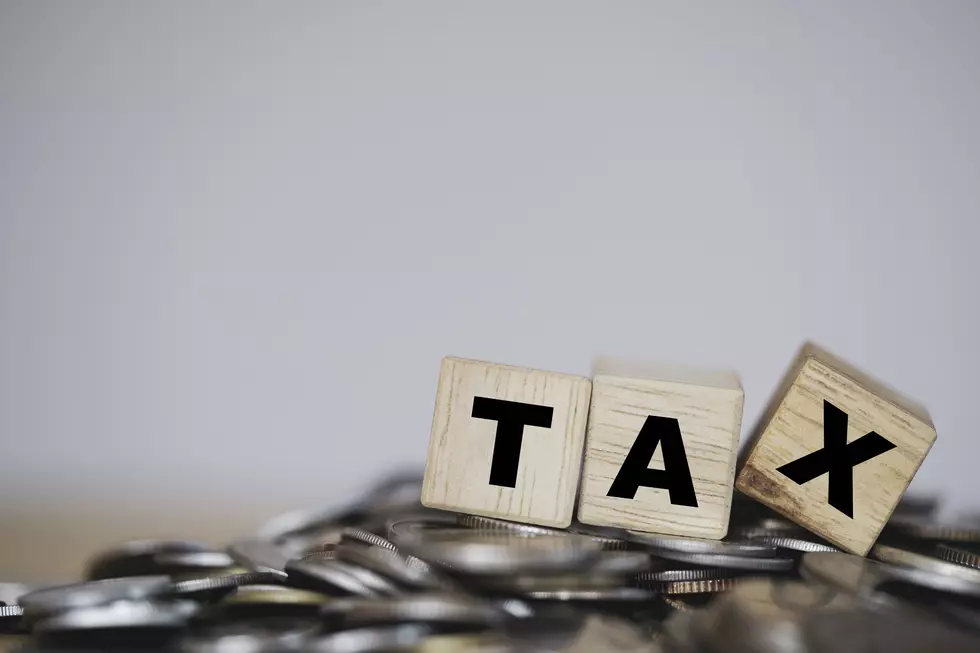
What gets taxed in New Jersey? It doesn’t always make sense
Recreational cannabis remains taxable in the Garden State while medical cannabis is no longer so.
Judging by the latest version of its Sales Tax Guide, that is chief among what the New Jersey Division of Taxation wants residents to know about how much extra they may have to pay for various items sold in the state.
The 31-page document covers just about everything anyone would want to know about the state's current 6.625% sales tax rate, but urges consumers to contact the Division if they have doubts.

Delving into the guide can take some time, so here are some of the highlights.
What 'everyday' items are exempt?
In the checkout line at the grocery store, most things will ring up exactly as advertised, meaning they are exempt. Candy and soft drinks are two of the notable exceptions to that, as are (where available) alcoholic beverages and tobacco products.
Candy and soft drinks can be purchased tax-free with Supplemental Nutrition Assistance Program benefits.
Disposable paper products such as toilet tissue, paper towels, and tissues are exempt when purchased for household use.
Prescription and over-the-counter drugs are also exempt, along with dietary supplements, diabetic supplies, prosthetic devices, and durable medical equipment for home use.
Are services taxable?
In a word, yes, although the list of these services in the guide is almost as exhaustive as the list of grocery items. A car wash is taxable, but dry cleaning is exempt. Jewelry cleaning, engraving, and sizing can all be taxed.
A pest control company can come to a home and inspect it, and that's exempt, but the sales tax applies if the resident then contracts them to treat the problem.
Restaurant meals, of course, are subject to sales tax — tips and gratuities are exempt.
Telephone answering services, should they still be needed these days, are taxable. Typing services, however, are exempt.
Clothes are exempt ... right?
Mostly yes, with the notable exception of furs. Protective equipment (such as face masks) for everyday professional use is exempt, but that used for recreational purposes (swim goggles, for instance) is taxable.
Sport and recreational equipment in general is not exempt, as a rule of thumb, and neither are accessories, everything from bobby pins to tote bags.
Are sales tax rules different across the state?
Not strictly speaking, meaning the rate statewide is set at 6.625%. But for example, Atlantic City has a 9% luxury sales tax rate, and certain businesses in Cape May County may collect a 2% tourism tax. Meanwhile, some Salem County businesses may qualify for a reduced sales tax.
So, a word of advice: Always check receipts ... and ask questions if anything appears unclear.
Patrick Lavery is a reporter and anchor for New Jersey 101.5. You can reach him at patrick.lavery@townsquaremedia.com
Click here to contact an editor about feedback or a correction for this story.


